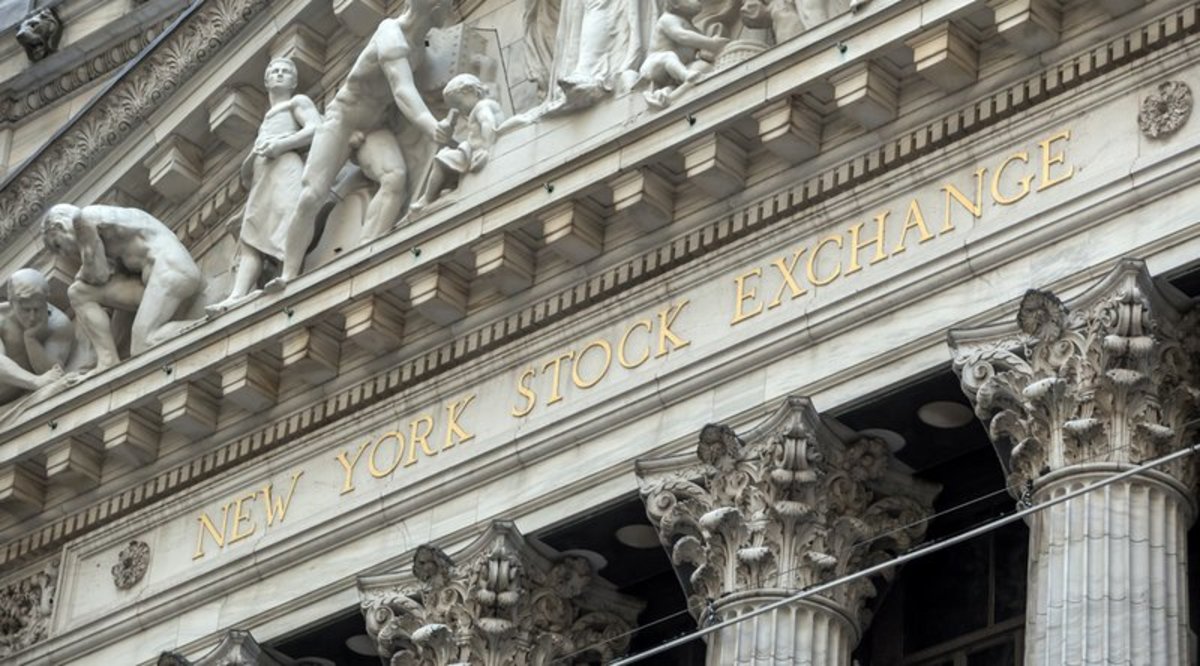
On January 20, Grayscale Investments, LLC, a wholly-owned subsidiary of Digital Currency Group, filed with the Securities and Exchange Commission (SEC) for its Bitcoin Investment Trust to be listed on the New York Stock Exchange with the intention of launching the first listed Bitcoin ETF in the U.S.
Grayscale Investments seeks to launch its ETF with an initial $500 million public offering according to the filing. This is the third Bitcoin ETF in the U.S. that has been filed with the SEC for approval.
Bitcoin pioneers Cameron and Tyler Winklevoss filed the first Bitcoin ETF back in 2013 with the intention to bring mainstream investors to Bitcoin. The ETF, which is intended for listing on the Bats exchange, has been waiting for SEC approval for over three years now. The Winklevosses’ Bitcoin ETF, the Winklevoss Bitcoin Trust, intends to list 1 million shares at $65 each and will have the ticker “COIN” according to its most recent SEC filing. A decision of whether the ETF will be approved or not by the SEC is expected in March 2017.
The second Bitcoin ETF was filed by SolidX Partners Inc. in July of last year. SolidX also wants to list its insured Bitcoin ETF on the New York Stock Exchange. The SolidX Bitcoin Trust, if approved, will be a passively managed exchange-traded fund with the ticker “XBTC” that provides shareholders with exposure to the daily change in the U.S. dollar price of bitcoin. A final decision on the ETF’s approval is also expected in March 2017.
A Bitcoin ETF would be an excellent vehicle for both institutional and private investors to gain exposure to bitcoin as an asset class without the hassle of having to purchase and securely store the digital currency itself.
Should a Bitcoin ETF receive SEC approval and should investor demand for such an ETF increase, then the inflows into the ETF would have a profound impact on the price of bitcoin in order to keep up with the demand for the ETF.
Will the SEC Approve Bitcoin ETFs?
Given bitcoin’s extreme volatility and China’s influence on the digital currency, the chances of getting a Bitcoin ETF approved, however, are currently rather low.
One of the key reasons ETFs require SEC approval is to protect investors from potential financial harm. Given that the price of bitcoin has been known to drop by 25 percent in a matter of days on the back of negative headlines, such as potential regulatory changes in China or the hacking of bitcoin exchanges, it is unlikely the SEC will consider a Bitcoin ETF a smart investment for retail investors.
Furthermore, the fact that China is the largest market for the digital currency will not be looked upon favorably by the SEC. Reportedly over 90 percent of bitcoin trading activities occur on Chinese shores, which means they are taking place on exchanges that have a regulatory framework different from those in the U.S. Moreover, the SEC will be very wary of approving a new financial product whose price is indirectly controlled by China, as we were able to witness at the beginning of January. Then, the price of bitcoin collapsed after the Yuan strengthened and the People’s Bank of China issued a warning about the riskiness of investing in the digital currency, followed by on-site inspections on China’s three largest exchanges.










